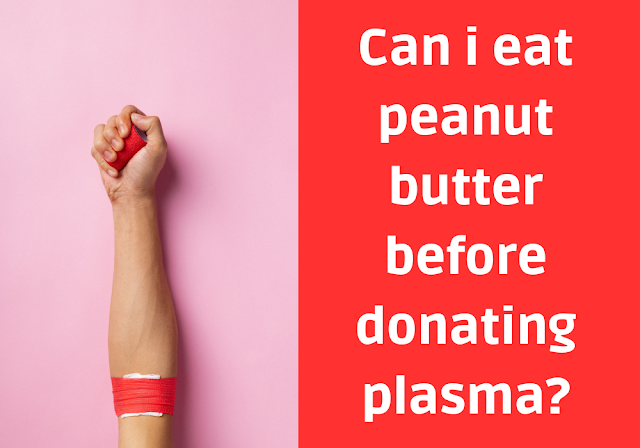can you donate eggs if you have depression?
Many people with depression donate eggs to help make ends meet. Depression can make it difficult to keep a job or go to school, so some people with depression turn to donation as a way to make money.
What is Depression?
Depression is a mental health condition that can cause a
range of behavioral and emotional symptoms. These can include feeling sad or
down, having difficulty concentrating or making decisions, changes in eating or
sleeping habits, and losing interest in activities that were once enjoyable.
Depression can also lead to physical symptoms such as fatigue or aches and
pains. While it’s normal to feel down from time to time, if these symptoms
persist for more than two weeks, it could be a sign of depression.
If you’re struggling with depression, you might be wondering
if there are ways to help others while also managing your own mental health.
One way you might consider doing this is by donating eggs. But is it safe to
donate eggs if you have depression?
The short answer is yes, it is safe to donate eggs if you
have depression. The process of egg donation is closely monitored by medical
professionals, and donors are typically screened for mental health conditions
like depression before they are approved to donate.
That said, it’s important to remember that egg donation is a
major commitment, and it’s not right for everyone. Before you decide to donate
eggs, it’s important to talk
The Link Between Depression and Infertility
Depression and anxiety are common mental health disorders
that can have a major impact on fertility. Studies have shown that women with
depression are more likely to experience infertility, and that treating
depression can improve fertility outcomes.
If you're struggling with depression, it's important to seek
treatment. Depression can make it harder to conceive, and it can also impact
your ability to carry a pregnancy to term. If you're receiving treatment for
depression, be sure to talk to your doctor about how it may affect your
fertility.
Can You Donate Eggs If You Have Depression?
There are a lot of myths and misconceptions out there about
egg donation, and one of the most common is that you can't donate eggs if you
have depression. This simply isn't true! While it's important to be mentally
and emotionally healthy when undergoing any medical procedure, having
depression does not automatically disqualify you from being an egg donor.
If you're considering egg donation but are worried that your
depression will prevent you from being a successful donor, talk to your doctor
or a mental health professional. They can help you understand the risks and
benefits of egg donation and whether or not it's right for you.
The Pros and Cons of Donating Eggs
There are a lot of things to consider before donating eggs.
On one hand, it can be a selfless act that helps someone else achieve their
dream of starting a family. On the other hand, it's a big decision with
potential physical and emotional risks.
If you're considering egg donation, it's important to do
your research and talk to your doctor. Here are some pros and cons of egg
donation to help you make your decision:
Pros:
- You can help someone have a baby who otherwise wouldn't be able to.
- It's an incredibly selfless act.
- You can earn money for your time and effort.
Cons:
- The medication used during the egg retrieval process can cause side effects like hot flashes, mood swings, and fatigue.
- There is a small risk of developing ovarian hyperstimulation syndrome (OHSS), a condition that can cause abdominal pain, bloating, and nausea.
- The egg donation process can be emotionally draining.
How to Donate Eggs
If you have depression, you may be wondering if you can
donate eggs. The answer is yes! Egg donation is a great way to help others
while also helping yourself. Donating eggs can give you a sense of purpose and
help you feel good about yourself. It can also be a great way to earn some
extra money.
If you’re thinking about donating eggs, there are a few
things you should know. First, you will need to undergo a medical screening to
make sure that you are healthy enough to donate. This screening will include
tests for things like infectious diseases and genetic disorders. You will also
need to meet with a counselor to discuss the potential risks and benefits of
egg donation.
Once you have been cleared to donate, the next step is to
find an egg donor program that is right for you. There are many different
programs out there, so take some time to research your options. Make sure to
ask questions about things like compensation, the egg donation process, and
what will happen to your eggs after they are donated.
Once you have found a program that you are comfortable with,
the final step is to undergo the egg donation process itself. This usually
involves taking medication to stimulate egg production and then
Conclusion
Although there is no definitive answer to this question, it
seems that the general consensus is that you can donate eggs if you have
depression. However, it is important to speak with your doctor before making
any decisions, as they will be able to advise you on whether or not donating
eggs is right for you.






